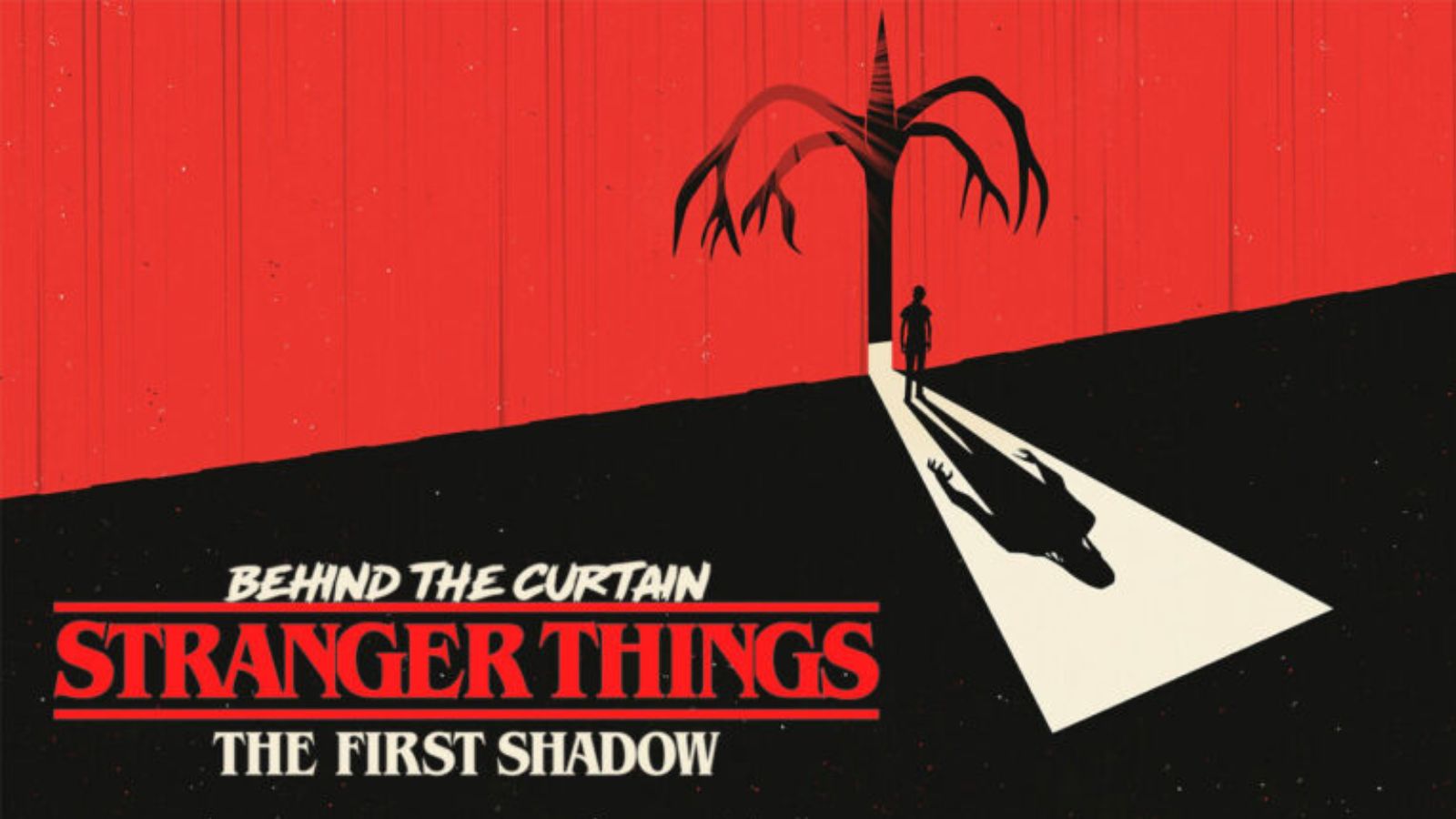
“Charter Communications” Bound to Share IDs of Pirating Subscribers
- A US court has ordered the ISP to hand over the identification details of 628 pirating subscribers.
- The order comes as a result of a lawsuit filed by Warner Bros against “Charter Communications.”
- The plaintiffs initially targeted 11,000 subscribers, but the court decided this number was way too large to handle.
The American telecommunications provider “Charter Communications” has been ordered by the Colorado Federal Court to share the identification details of pirating subscribers. The decision came after a legal action initiated by Warner Bros Records Inc. against the ISP, who previously denied having anything that the plaintiff could use to identify the infringing subscribers. The copyright holders were interested in targeting a large number of active infringers who were using Charter’s internet services, asking for the DHCP (Dynamic Host Configuration Protocol), logs, and documents that can be used to match subscribers with their IP address.
Charter responded by claiming that DHCP logs cannot be correlated with specific identities. They also claimed they have already sent warnings to the subscribers who were confirmed to have been involved in copyright infringement acts. But Warner Bros wasn’t satisfied by this response and knew very well that the subscribers would ignore these warnings, as they come with no consequences whatsoever. Thus, they decided to sue Charter Communications and force them to hand over the data that would make it possible to match subscriber IPs with IDs. Last year, Sony, Universal, and Warner Bros sued Charter on similar grounds, so this is the second time the controversy is brought into a US court for resolution.
So, according to the most recent court order, Charter Communications is obliged to hand over the personal information of 628 subscribers. The plaintiffs targeted roughly 11,000 subscribers, but the court decided that this number would make things way too burdensome for the involved parties to handle. Hence, the number had to go down to a more manageable figure. The information that is to be shared must be sufficient for plaintiffs to match the IP addresses with the identities of the subscribers, so there can be no more “hide and seek.”
We are not proponents of piracy, but privacy is taking a hit with these legal actions. Also, the stance of ISPs that want to stay clear from having to enforce copyright infringement laws is understandable. If Charter’s clients were using a VPN during their pirating acts, then the plaintiffs won’t be able to identify them no matter what the ISP provides. If that happens, legal cases like this one will fade into non-existence since nothing useful can derive from them.





